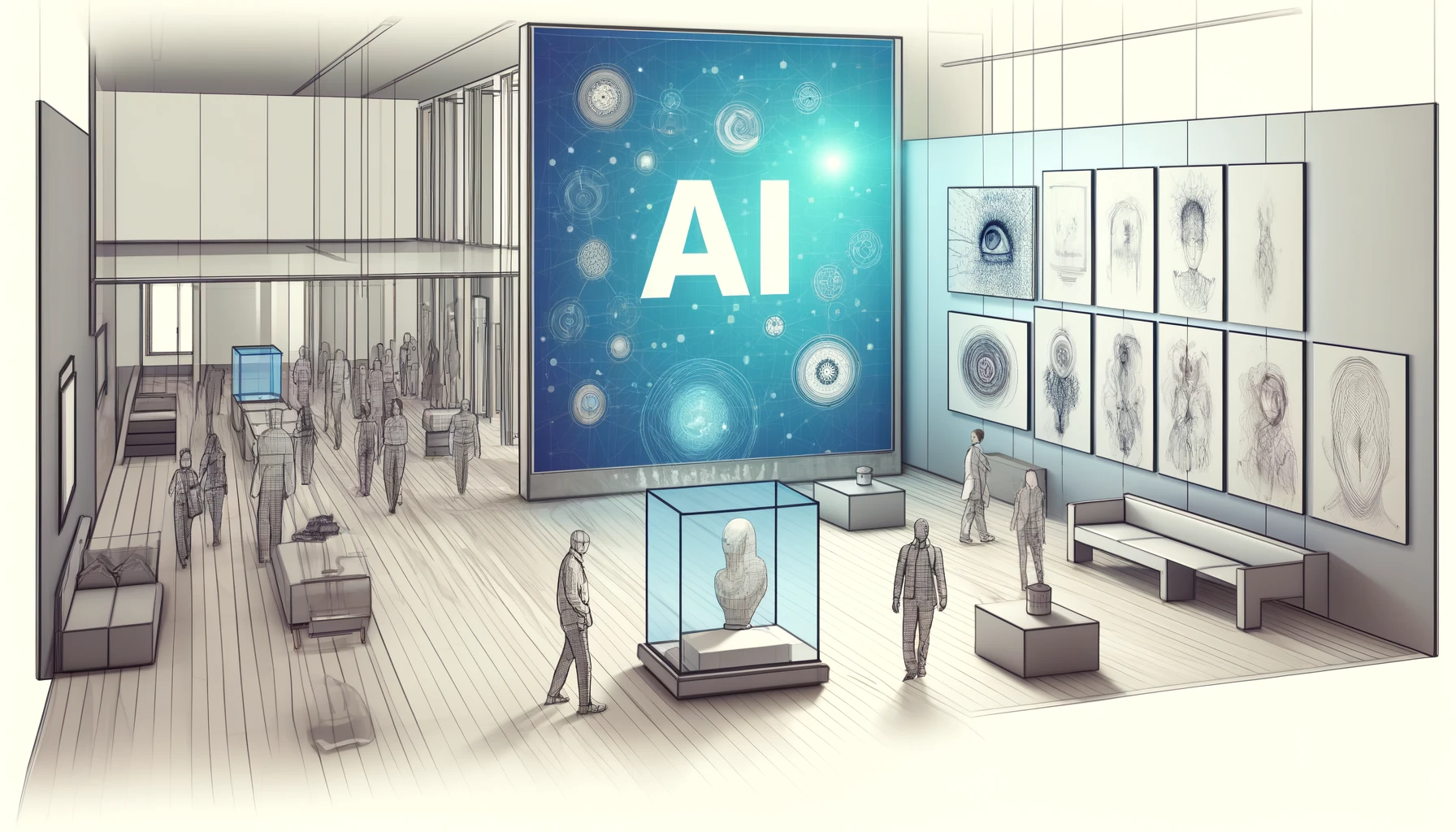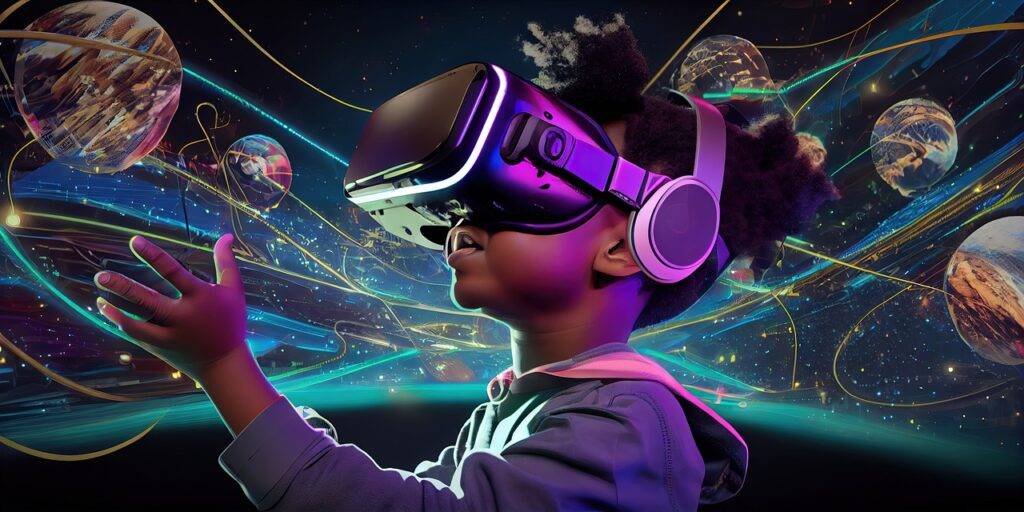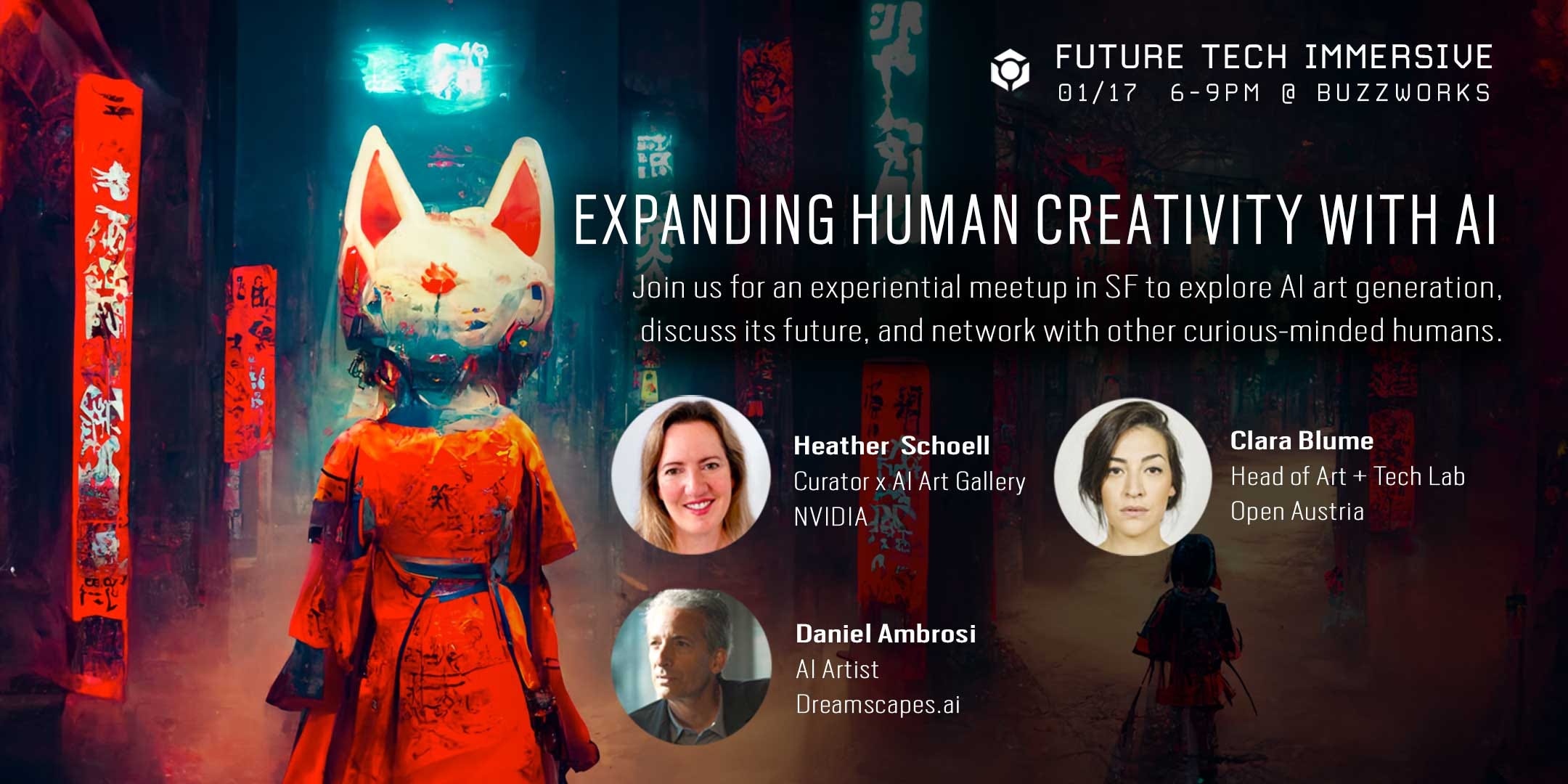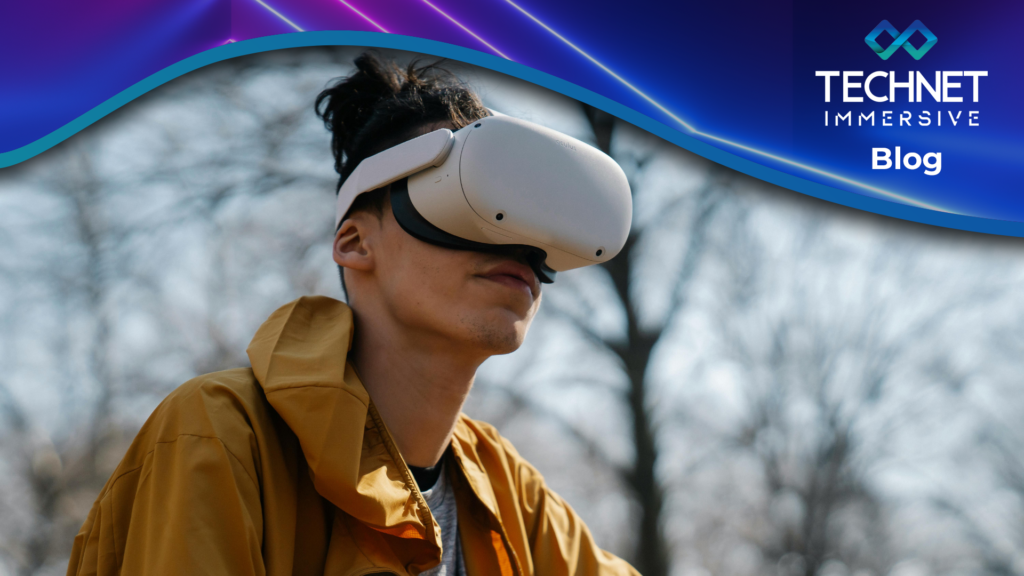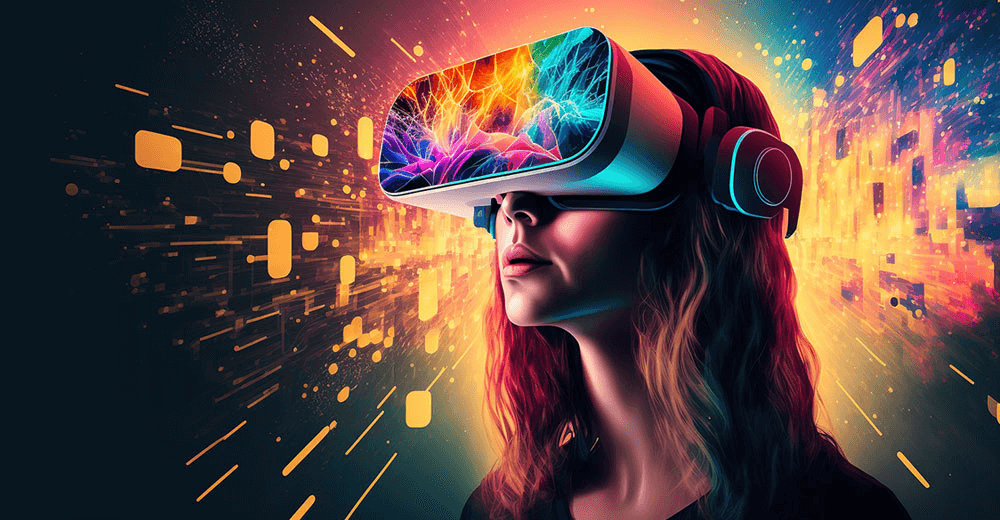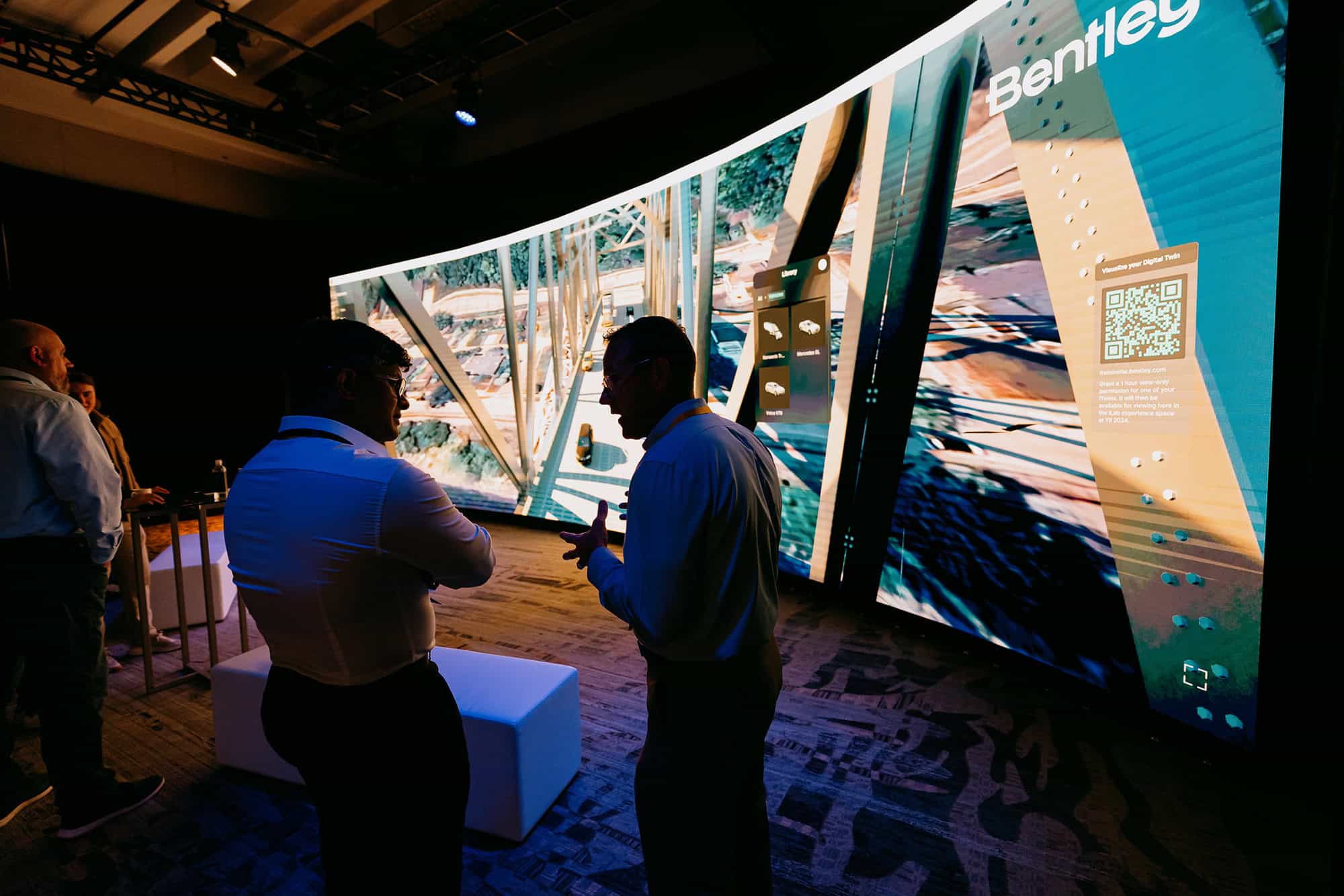Artooba Ai Immersive Platform News 2024-2025
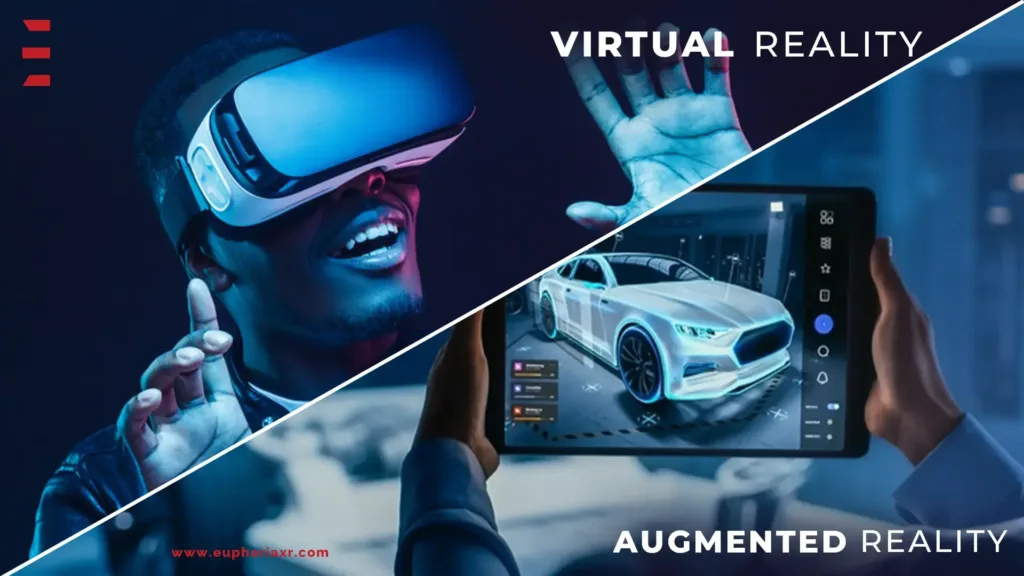
The digital landscape is undergoing a seismic shift, and at the epicenter is Artooba AI, an immersive platform poised to redefine how we interact with technology. From transforming education to revolutionizing enterprise training, Artooba's promise is ambitious: a fully customizable, AI-driven virtual environment accessible to all. But as Artooba rolls out its vision for 2024-2025, questions arise about accessibility, data privacy, and the very nature of immersive digital experiences.
Artooba AI, launched in beta in late 2023, offers a unique blend of virtual reality, augmented reality, and artificial intelligence, creating simulated environments for learning, collaboration, and entertainment. The platform's core value proposition hinges on personalized learning pathways, interactive simulations, and data-driven insights that empower users to achieve specific goals. As Artooba prepares for its full-scale launch, the technology world is watching closely, eager to see if the platform can live up to its immense potential and navigate the complex ethical considerations inherent in immersive technologies.
Artooba's Key Features and Expansion Plans
Artooba AI boasts a modular architecture, allowing users to tailor their virtual experiences to specific needs. The platform integrates with various existing learning management systems (LMS) and enterprise resource planning (ERP) tools. The use of advanced AI algorithms to analyze user behavior and provide real-time feedback is also important.
According to a recent press release, Artooba plans to expand its platform offerings to include specialized modules for medical training, engineering simulations, and creative design. These modules will incorporate haptic feedback technology and advanced gesture recognition. They aim to provide a more realistic and engaging learning environment.
Dr. Anya Sharma, Artooba's Chief Technology Officer, stated in a recent interview, "Our goal is to democratize access to high-quality training and education through immersive technology. We believe that Artooba AI has the power to transform how people learn and work, regardless of their geographic location or socioeconomic background."
Accessibility and Affordability Concerns
While Artooba AI promises to democratize access, concerns remain about its accessibility and affordability. The platform requires specialized hardware, such as VR headsets and powerful computers, which may be cost-prohibitive for some users.
Critics also point to the digital divide, arguing that users in underserved communities may lack the necessary internet infrastructure to fully utilize the platform. Professor David Lee, a leading expert in digital equity at Stanford University, notes, "Immersive technologies like Artooba AI have the potential to exacerbate existing inequalities if not carefully implemented with accessibility in mind."
Artooba has announced plans to address these concerns through partnerships with community centers and educational institutions. They plan to provide subsidized access to the platform and necessary hardware. The success of these initiatives remains to be seen.
Data Privacy and Security Considerations
As an AI-driven platform, Artooba AI collects vast amounts of user data, raising concerns about data privacy and security. The platform tracks user behavior, performance, and even biometric data, creating a comprehensive profile of each user. This data is used to personalize the learning experience and provide data-driven insights.
However, the potential for misuse or security breaches is a significant concern. Sarah Chen, a cybersecurity expert at CyberSafe Solutions, warns, "Immersive platforms like Artooba AI represent a new frontier for data security. Robust security protocols and transparent data governance policies are essential to protect user privacy and prevent unauthorized access."
Artooba has stated that it is committed to protecting user data and has implemented industry-standard security measures. The company also claims that it adheres to all relevant data privacy regulations, including GDPR and CCPA. Independent audits and transparency reports will be crucial to building trust with users.
Impact on Education and Training
Artooba AI has the potential to revolutionize education and training across various industries. Its immersive simulations can provide realistic and engaging learning experiences that traditional methods cannot replicate. Medical students, for example, can practice surgical procedures in a virtual environment, reducing the risk of errors in real-world scenarios.
Engineering students can design and test structures in a virtual environment, gaining valuable experience without the need for expensive physical prototypes. Corporate training programs can use Artooba AI to simulate workplace scenarios. This allows employees to develop their skills in a safe and controlled environment.
Early adopters have reported positive results, with improved learning outcomes and increased engagement. However, it is important to conduct rigorous research to assess the long-term impact of Artooba AI on education and training. We must also consider the pedagogical implications of immersive technology.
The Future of Immersive Platforms
Artooba AI represents a growing trend towards immersive platforms. These platforms are transforming how we interact with technology. As technology continues to evolve, we can expect to see even more sophisticated and immersive experiences. These platforms become increasingly integrated into our daily lives.
The success of Artooba AI will depend on its ability to address the challenges of accessibility, data privacy, and ethical considerations. The company also needs to create a truly valuable and engaging user experience. By prioritizing user needs and responsible innovation, Artooba AI can play a leading role in shaping the future of immersive technology.
The next year will be crucial for Artooba AI as it rolls out its platform and gathers feedback from users. The world is ready to see how this technology will shape the future.

